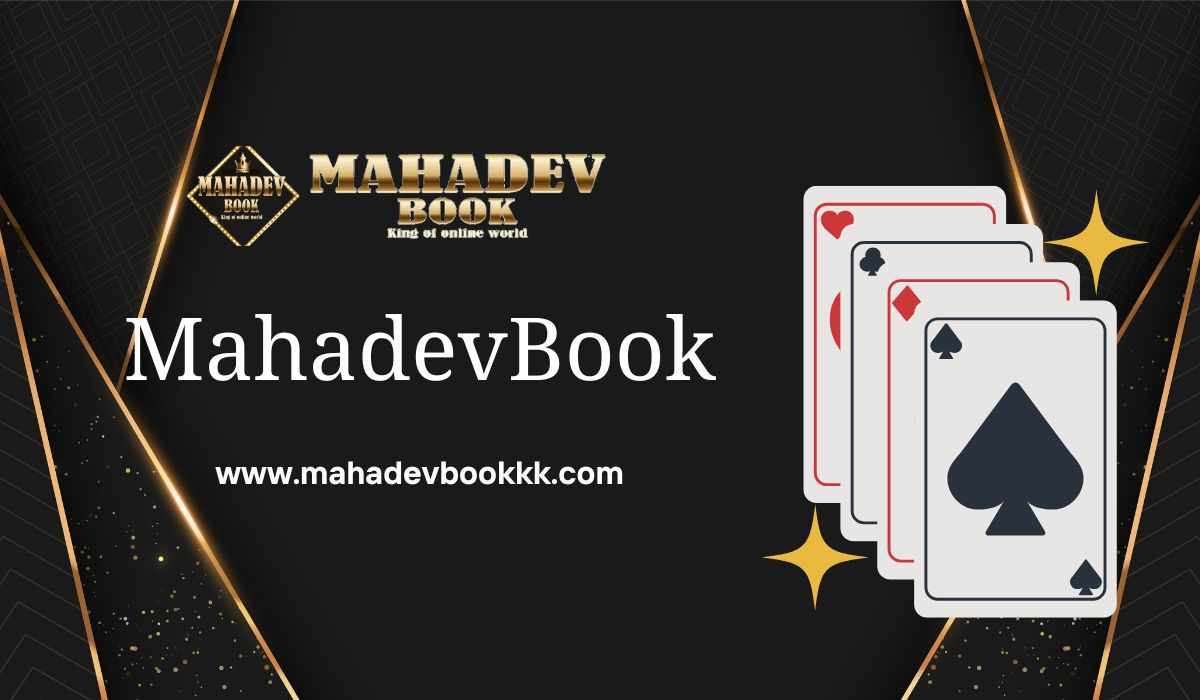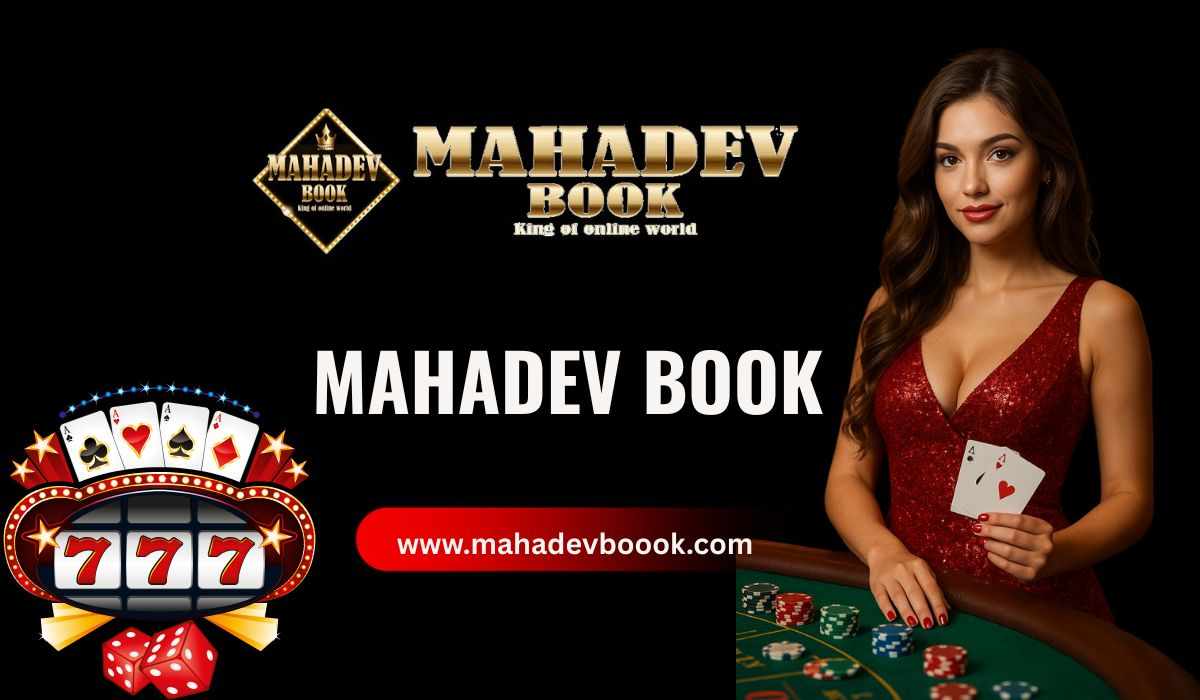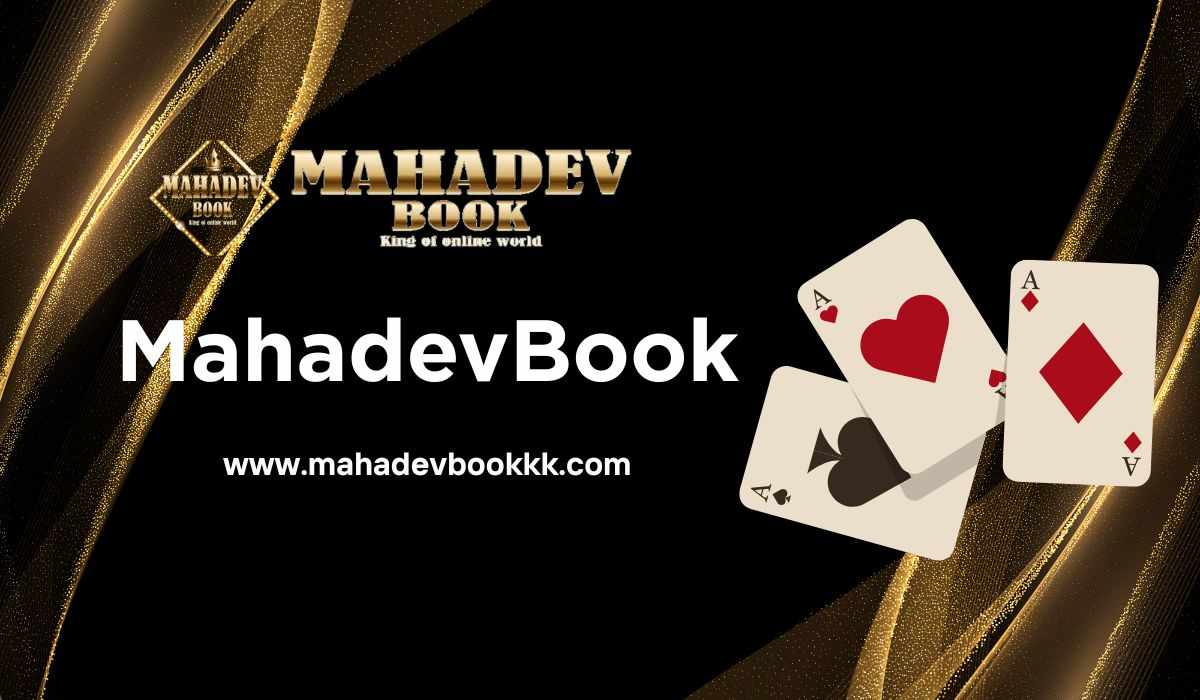
Introduction: Beyond the Cards, Into the Mind
MahadevBook is more than just a gaming platform—it’s a mental playground for players who enjoy reading situations, planning moves, and pulling off bold plays. Especially when it comes to card games like Poker, Teen Patti, Rummy, and Blackjack, the tables aren’t just about the cards in your hand but how you use them. The best players on MahadevBook understand this. They know the game starts not with the deal but with the decision to play.
Each card game on Mahadev Book brings its own tactical demands. Some require risk control, others need bluffing, and a few demand absolute concentration. But across all of them, a deep understanding of behavior, odds, and timing makes the difference. In this blog, we explore the tactical mindset that makes MahadevBook’s tables so competitive—and rewarding.
Teen Patti: The Art of Controlled Bluffing
On MahadevBook, Teen Patti is fast, reactive, and driven by emotion. Yet the best players approach it like chess. While luck plays a part, tactics like reading player behavior, staying unpredictable, and knowing when to go blind are what separate casual players from regular winners.
A common tactic used on MahadevBook tables is “slow playing”—keeping calm even with a strong hand to draw others into higher bets. This plays especially well on high-stakes tables where experienced players look for tells. Bluffing, too, isn’t just about boldness—it’s about timing. Raising confidently after a series of weak hands makes opponents hesitate, especially if you’ve been folding consistently.
Players who observe others—how fast they act, their betting patterns, their frequency of folds—start developing an edge that no hand of cards can match.
Rummy: Pattern Recognition and Memory Game
Rummy on MahadevBook demands a structured approach. It’s not a guessing game—it’s a method game. Players who succeed here develop a keen memory for dropped and picked cards. A player discarding a 7 of Hearts? There’s a good chance they’re not chasing a Heart sequence. Players can track this logic across multiple moves and anticipate opponent intentions.
One of the most effective tactics in Rummy is baiting. Skilled players sometimes drop middle cards to trick opponents into building sequences that don’t exist. Others play defense by holding cards that they know opponents need, stalling their ability to complete their hands.
Smart MahadevBook users don’t rush. They build sets with flexibility, keeping options open, and only commit once they’re sure of their structure. This strategic patience often translates into a calm but lethal presence on the table.
Poker: Reading People, Not Just Cards
Texas Hold’em Poker on Mahadev Book Login is one of the most tactically complex experiences on the platform. The game rewards those who not only know the rules but understand human behavior. On MahadevBook, players often come with varied styles—some aggressive, some conservative. Knowing how to navigate these profiles becomes key.
A winning strategy starts with position awareness. Players who act later in a round have more information, and the best exploit it to full effect. Pre-flop play also matters—tight-aggressive players win more in the long run. They don’t play every hand; they play smart hands and play them with power.
Bluffing here isn’t always about a massive bet—it could be a slight over-bet to scare off weak hands or a check-raise move to confuse opponents. Good MahadevBook Poker players also watch pot odds and implied odds, ensuring that their investments make long-term sense.
Blackjack: Decision Trees and Dealer Tracking
Blackjack on MahadevBook feels simple on the surface—get close to 21 without going over. But experienced players know it’s a math game. Every card dealt affects the probability of the next one, and knowing basic strategy can significantly increase winning chances.
The key tactic is knowing when to hit, stand, double down, or split. While beginners rely on gut feeling, experienced players follow the probability charts. For instance, never hitting when holding a soft 18 if the dealer shows 3–6, or always splitting Aces.
Another overlooked tactic is dealer tracking. Observing how often the dealer busts, how frequently they show 10s or face cards, and adjusting your bets accordingly can offer a subtle edge. MahadevBook’s smooth dealer animations and game logs allow users to track past rounds, giving thoughtful players more data to play with.
Transition Tactics: Moving Between Games Strategically
What sets top MahadevBook users apart is their ability to shift mindsets between games. Going from a slow, thoughtful game of Poker to a quick bluff in Teen Patti requires emotional reset. Similarly, moving from Rummy’s pattern logic to the risk-taking required in Blackjack demands mental flexibility.
Players who excel on Mahadev Book ID know when to shift from aggressive to defensive playstyles, and when to take a break entirely. This meta-strategy—managing not just hands but moods—often impacts outcomes more than any individual tactic. They treat the day’s session like a match with phases, not a series of disconnected games.
Table Selection: A Tactical First Move
Not every MahadevBook table is the same. Choosing the right table is a strategic decision on its own. Are you joining a fast-paced Teen Patti room where everyone’s playing blind? Or a slow Rummy table where players are cautious and methodical?
Winning players often observe tables before joining. They watch a few rounds, gauge the skill level, and enter only when they feel they have a style advantage. Some users even rotate between tables in the same game type to find the perfect rhythm that suits their play style.
Timing and Bankroll: Hidden Tactics That Matter
Success on MahadevBook isn’t just about in-game skill—it’s about timing and bankroll management. The best players set a session time, avoid chasing losses, and increase stakes only when ahead. Many follow a rule: never risk more than 10% of their wallet on a single table.
These off-table tactics are critical for long-term success. A good player with poor bankroll discipline might shine for an hour and crash by the second. The MahadevBook platform encourages healthy gaming habits, and the smartest users treat it like a long-term game, not a one-session jackpot.
Psychology at Play: Recognizing Tilt
A lesser-known but crucial tactic is recognizing and managing tilt—that emotional frustration after a loss. Many MahadevBook players ruin a good day by playing recklessly after a bad beat. Winners, however, know when to pause, reset, and return clear-headed.
In card games, emotional control is just as important as logical reasoning. It’s why players who stay calm—whether they win or lose—are more consistent. MahadevBook’s successful users treat every session as part of a bigger picture, where one hand doesn’t define the journey.
Conclusion: Where Skill Meets Setup
The tables on MahadevBook are more than just games—they’re battlefields of the mind. Every move, fold, raise, and discard carries weight. Players who approach each session with a strategic mindset see better results, and those who combine tactics across games become masters of the platform.
Whether it’s out-bluffing in Teen Patti, sequencing perfectly in Rummy, calculating odds in Poker, or making percentage plays in Blackjack—each success story is rooted in sharp, adaptable thinking. On MahadevBook, tactics don’t just help you win; they shape your entire gaming identity.
Visit the website: https://mahadevbookkk.com/




Write a comment ...